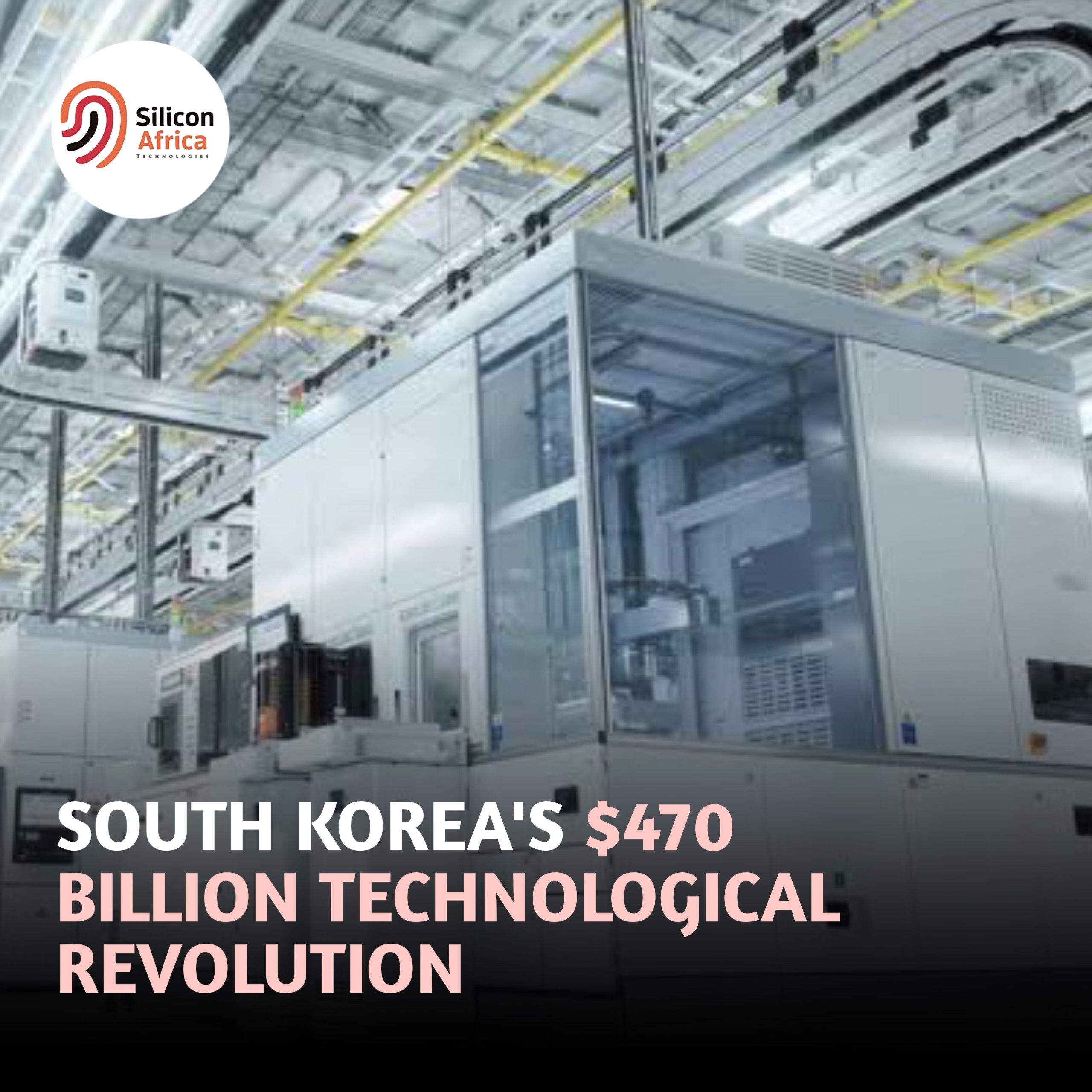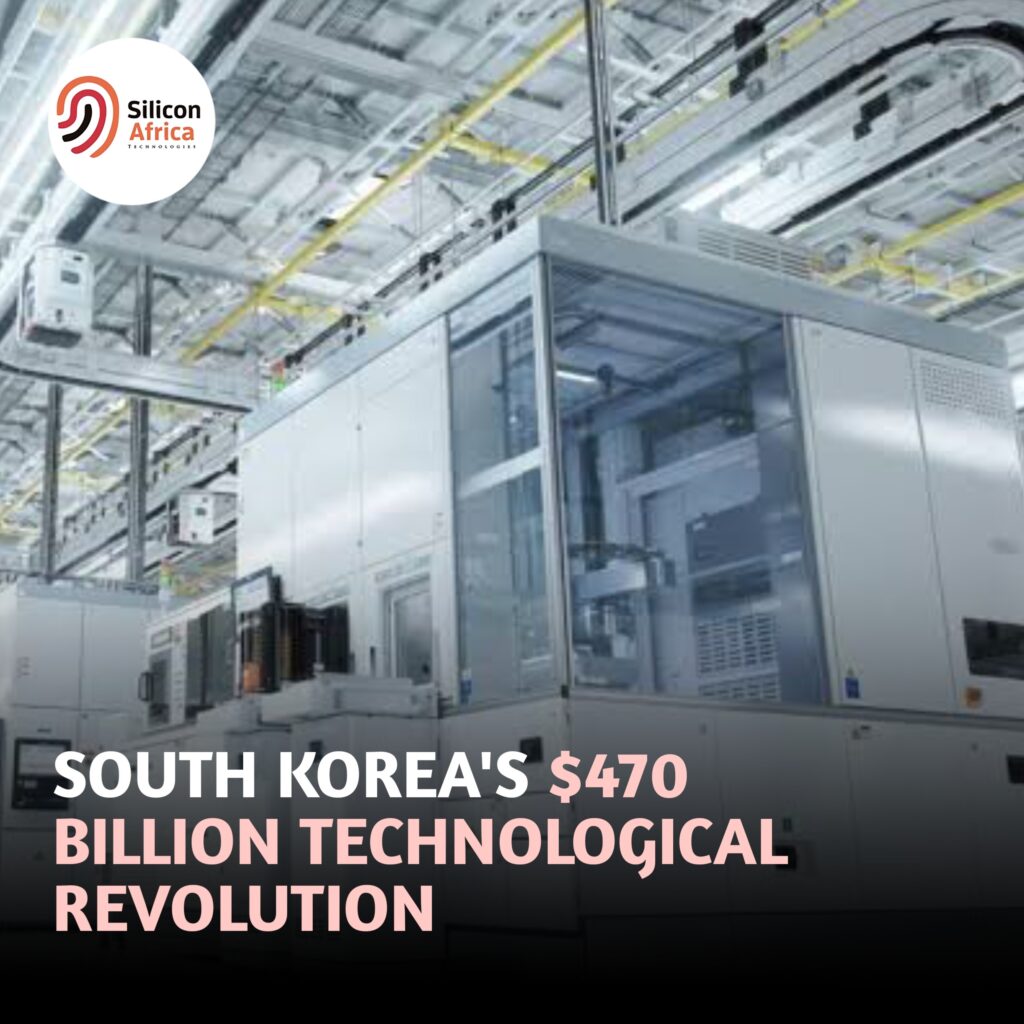Physical Address
60 Ekwema Cres, Layout 460281, Imo
Physical Address
60 Ekwema Cres, Layout 460281, Imo

South Korea has joined the movement of the technological revolution by redefining the global chip-making hub. This plan involves the giant tech companies located in South Korea.

The government revealed this initiative on Monday and is asking investors to join the movement. South Korea is renowned for its advanced manufacturing processes and is responsible for producing a significant portion of the world’s memory chips.
It is fascinating how their expertise in chip making has contributed to technological advancements globally. This technology revolution movement will push the country further in the world technology race. This audacious plan involves companies like Samsung Electronics, Korea Electric Power, Posco, and so many others.
This technological revolution was initiated when Samsung’s and Hynix’s investment plans in chip making were revealed in 2023, the investment trajectory has seen a remarkable increase since then. South Korea is committed to strengthening its domestic chip sector, and the government and private firms are working together closely on this national priority. The chip sector is significant because it contributes around 16% to the country’s total exports.

The chip-making hub located in South Korea has greatly influenced the country’s economy, creating job opportunities and driving technological advancements. The presence of major semiconductor companies has attracted investments and encouraged innovation in related industries.
Furthermore, it has helped enhance South Korea’s global reputation as a leader in technology. All in all, the chip-making hub has significantly contributed to South Korea’s growth and development.
The government has a visionary plan to further enhance the global chip-making hub. They aim to invest heavily in research and development, promote collaboration between industry and academia, and support the growth of small and medium-sized enterprises in the semiconductor sector.
The goal is to maintain South Korea’s competitive edge in chip manufacturing and expand into emerging technologies like artificial intelligence and autonomous vehicles. A visionary plan has been put in place to transform the South Korean landscape. This plan will include the addition of 13 new chip plants and three new research facilities to the existing 21 plants.
The extensive network will cover the areas of Pyeongtaek to Yongin, creating the world’s largest chip-making hub. By 2030, it is expected that this area will have a massive production capacity of about 7.7 million wafers per month. This ambitious plan is a testament to the scale of South Korea’s technological aspirations.
The South Korean government has also set a target for the private sector to invest a massive amount of 622 trillion won which is equivalent to about US$470 billion in the next few decades until 2047. This huge sum of money will be used to set the visionary plan in place.
As South Korea enters the race to establish itself as the leading chipmaker. The global dynamics in the semiconductor industry are set to undergo significant modifications. This initiative showcases the country’s commitment to technological independence and creates a platform for increased competition among other nations looking to dominate the semiconductor field.
The country’s ambitious plan to invest $470 billion in developing an extensive chipmaking ecosystem is a significant step. This step is needed as secures the country’s position at the forefront of the global technological revolution. As the country embarks on this transformative expedition, the impact is bound to resonate across the semiconductor landscape for years to come.